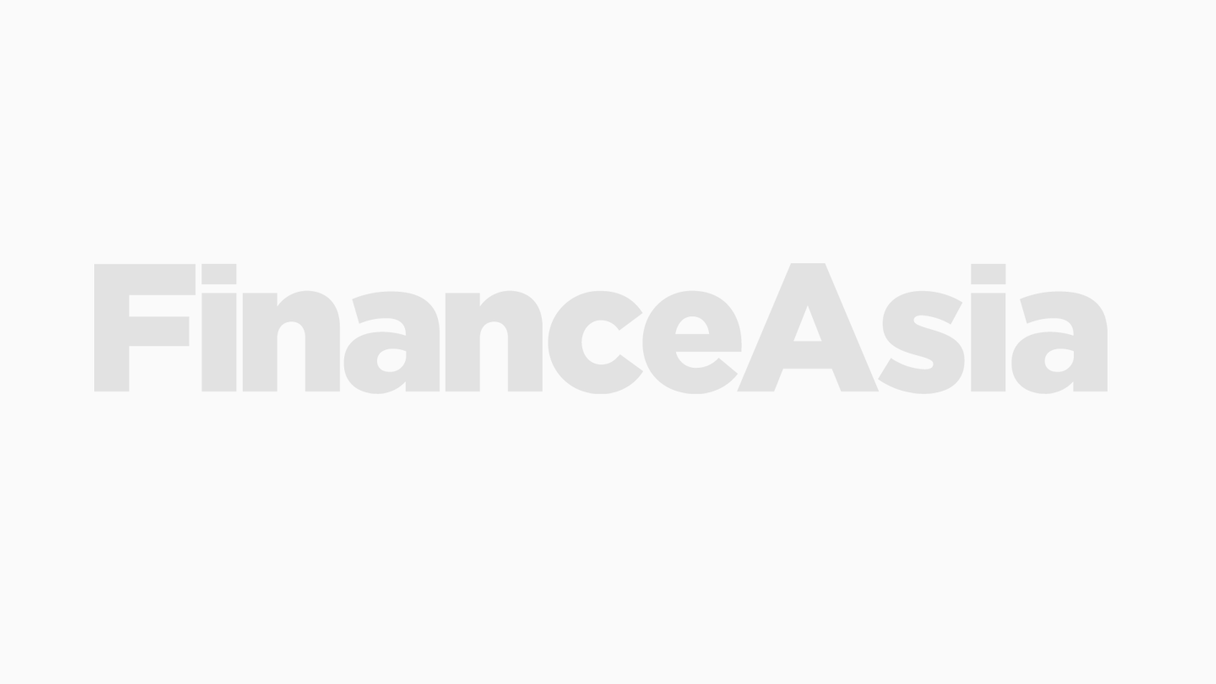In a move that will possibly hearten SK Corp's foreign shareholders - especially in the wake of Sovereign Asset Management's exit - the Korean company has announced a transformational M&A transaction that is in its core business.

In a move that will possibly hearten SK Corp's foreign shareholders - especially in the wake of Sovereign Asset Management's exit - the Korean company has announced a transformational M&A transaction that is in its core business.
Free Registration & 7-Day Trial
Register now to enjoy a 7-day free trial - no registration fees required. Click the link to get started.
Note: This free trial is a one-time offer.
Questions?
If you have any enquiries or would like a quote for a team or company licence, please contact us at [email protected]. Our subscription team will be happy to assist you.